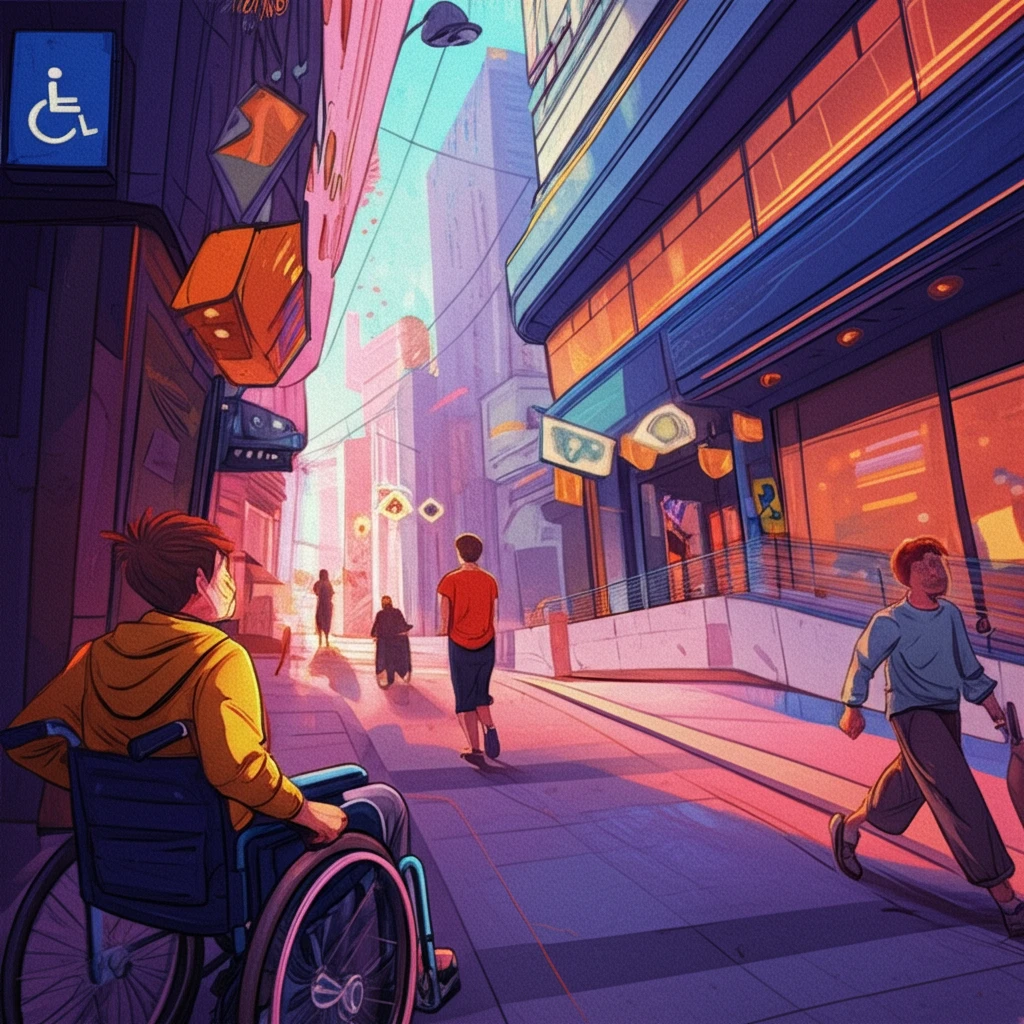
Accessible Travel: Why It's More Than Just a Trend, It's a Necessity
"Unlock the doors to inclusive travel! Discover how accessible tourism isn't just about ramps and wider doorways—it's about creating enriching experiences for everyone and tapping into a growing market."
For many, travel is an essential part of life, offering opportunities for relaxation, exploration, and personal growth. However, for individuals with disabilities, the simple act of planning a vacation can often become a complex and challenging endeavor. While the tourism industry has made strides in acknowledging the needs of travelers with disabilities, significant gaps remain in ensuring truly accessible and inclusive experiences.
The concept of accessible travel extends far beyond mere compliance with accessibility regulations. It encompasses a holistic approach that considers the diverse needs and preferences of all travelers, regardless of their physical, sensory, or cognitive abilities. This includes not only physical accessibility, such as ramps and accessible restrooms, but also accessible communication, inclusive customer service, and thoughtfully designed experiences.
Recent research underscores the growing importance of accessible tourism, highlighting the motivations, challenges, and potential economic benefits associated with catering to travelers with disabilities. By understanding the factors that influence travel decisions and addressing existing barriers, the tourism industry can unlock a vast, untapped market and create more enriching experiences for everyone.
Understanding the Motivations Behind Accessible Travel

Why do people with disabilities travel? It's a question that goes beyond the surface level of simply wanting a vacation. Studies reveal a complex interplay of intrinsic and extrinsic motivations that drive travel decisions within this community. While the desire for relaxation, escape, and novelty-seeking remains consistent with the general population, unique situational motives often come into play.
- Intrinsic Motivation: The inherent desire for pleasure, excitement, and learning through travel.
- Identified Motivation: Recognizing the value of travel for personal well-being, such as physical fitness and mental health.
- Introjected/External Motivation: Traveling due to feelings of obligation or pressure from family and friends.
- Amotivation: A lack of motivation to travel, often stemming from perceived barriers and a sense of lacking control.
Moving Forward: Practical Steps for an Inclusive Tourism Industry
The journey towards a truly inclusive tourism industry requires a concerted effort from businesses, policymakers, and travelers alike. By embracing accessibility not just as a regulatory requirement but as a core value, the industry can unlock a wealth of opportunities and create more enriching experiences for everyone. This includes providing comprehensive accessibility information, training staff on inclusive customer service, and actively seeking feedback from travelers with disabilities to continuously improve offerings. Ultimately, accessible travel is not just about accommodating individual needs—it's about fostering a more inclusive and welcoming world for all.

